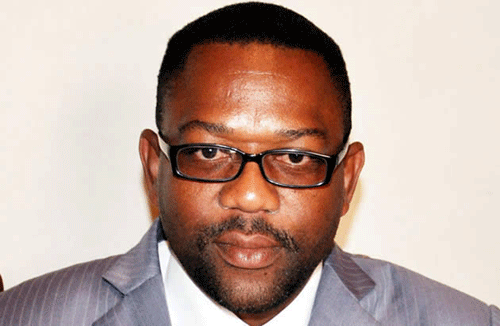
ZESA Holdings says it has not been receiving electricity from South African power utility Eskom since 2012, allaying any fears that power supply interruption from the neighbouring country could affect Zimbabwe.
BATANAI MUTASA OWN CORRESPONDENT
Last week, South African Public Enterprises minister Lynne Brown told her country’s parliamentarians that seven countries in Southern Africa had power agreements with Eskom, but Zimbabwe and Zambia could have their power supply interrupted.
This, she said, was because the two countries did not have firm agreements with Eskom for power supply.
Firm agreements cannot be interrupted even during times of grid overload while with non-firm agreements, energy is supplied as and when it is available subject to interruption.
Zesa stakeholder relations manager Fullard Gwasira told Southern Eye Business that although there was a standing non-firm agreement with Eskom, Zesa had not received electricity from South Africa for more than two years.

“Zimbabwe does not a have a firm power supply agreement with Eskom and has not been receiving electricity from South Africa from 2012 because their domestic demand does not make it possible for them to export power to this country,” Gwasira said.
Load-shedding has been a constant problem in Zimbabwe for over a decade and reports that the local grid could be further affected by power supply challenges in South Africa led to calls from some sections of the public to brace for tougher times ahead.
- Chamisa under fire over US$120K donation
- Mavhunga puts DeMbare into Chibuku quarterfinals
- Pension funds bet on Cabora Bassa oilfields
- Councils defy govt fire tender directive
Keep Reading
Gwasira dispelled such fears, explaining that the energy imported by Zesa was not from Eskom.
“We, however, have a firm Power Purchase Agreement with Hydro Cahora Bassa of Mozambique where we are getting 50MW with a potential to get even more when they have excess,” he said.
He blamed technical faults at Hwange Power Station and in some instances power swings from some regional utilities, which disrupted local generation, for the increase in load-shedding in the recent past.
“The electricity generating assets of the power utility are generally stable and there are no concerns regarding generation at the moment,” Gwasira added.










